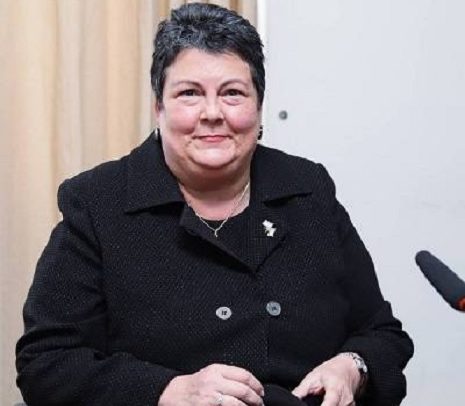Virginia Palmers
In a closed-door meeting held Monday March 4, 2024, between the US Ambassador to Ghana, Virginia Palmers and the Attorney-General (A.G) Godfred Yeboah Dame regarding the recently passed Human Sexual Rights and Family Values Bill by Parliament, a surprising turn of events unfolded, revealing the complexities surrounding the anti-LGBTQ+ bill.
Attendants at the meeting, convened in the office of the Attorney General and Minister of Justice, included the Attorney-General, his Deputy Alfred Tuah-Yeboah, Solicitor General, Helen Ziwu, the Head of the Prosecutions Department, and officials from the Justice Ministry.
According to media report, the US Ambassador engaged in discussions with the Attorney-General concerning the government’s stance on the bill, which is awaiting final drafting before being submitted to the Presidency for approval. The Ambassador expressed pressure from her home office to influence the President to reject the bill.
However, the Attorney General, while acknowledging the concerns raised, elucidated on the due process of law-making in Ghana and emphasized the separation of powers among government organs.
He underscored that executive interference, including from his office, is prohibited during the legislative process of turning a bill into law.
Notably, the Attorney General highlighted the potential consequences if the President decides not to sign the bill, indicating that such an action would result in the bill being returned to Parliament for further consideration, potentially leading to the law’s passage without the President’s assent.
Per the media sources revealed an impending visit by the Ambassador to the Presidency to exert pressure on the President regarding the bill. However, in response to the bill’s passage, the President’s Head of Communications issued a statement indicating the President’s cautious approach to the situation.
The diplomatic efforts to influence the fate of the anti-LGBTQ+ bill have thus far faced resistance stemming from the Attorney-General’s insistence on the legal procedures and the separation of governmental powers in Ghana’s legislative processes.
By Vincent Kubi


